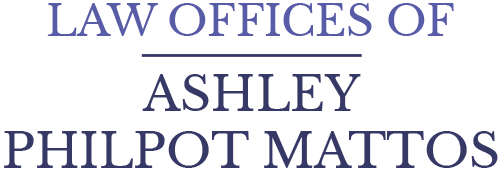Child custody cases can get confusing quickly if you don’t understand the terminology that is used to dictate each point in the case. There are some concepts that can be tricky because they seem very similar. If you are in the midst of a child custody case, you should be sure that you understand the applicable terms and concepts so that you can make decisions accordingly.
One term that often comes up is “primary caregiver” for the child. This is the person who has done most of the day-to-day care for the child. Bathing, feeding, helping with homework and putting the child to bed are some of the activities that fall under the umbrella of day-to-day care.
Another term that might come up is legal custody. This term means the person who makes long-term decisions for the child. Health care decisions and education decisions are two of the areas in which legal custody usually comes into the picture. Spiritual instruction and similar decisions are also included here.
Physical custody is another term that comes into the picture. This term means the parent who cares for the child. Essentially, the parent who is awarded physical custody will live with the child and will be the child’s primary caregiver.
In all child custody cases, there might be some deviations from the standard meanings of the terms. These are usually spelled out clearly in the child custody agreement. It is imperative that you understand exactly what the child custody orders for your child say so that you can be sure that you are doing what you are ordered to do by law.
Source: FindLaw, “More Child Custody and Visitation FAQs,” accessed Jan. 20, 2017
